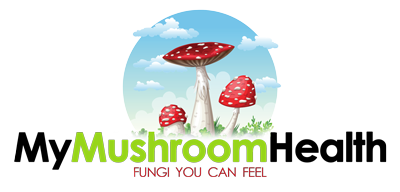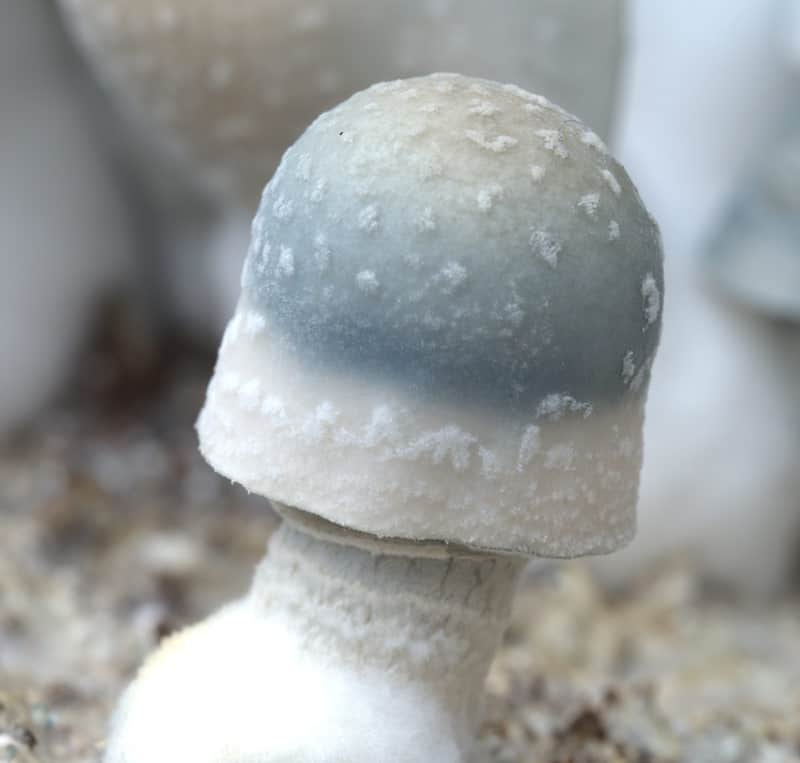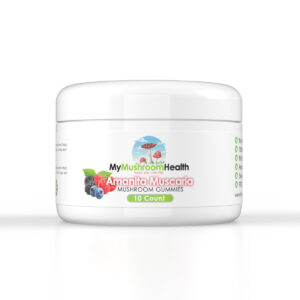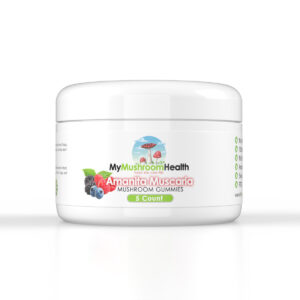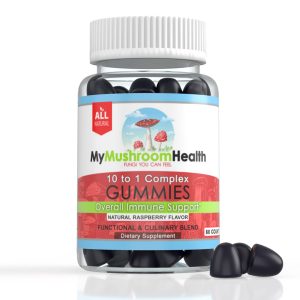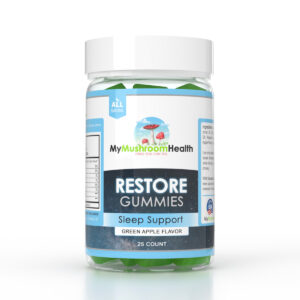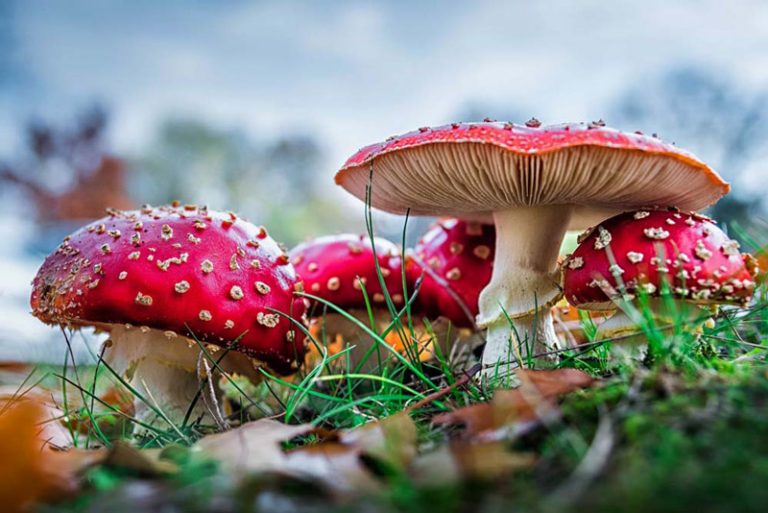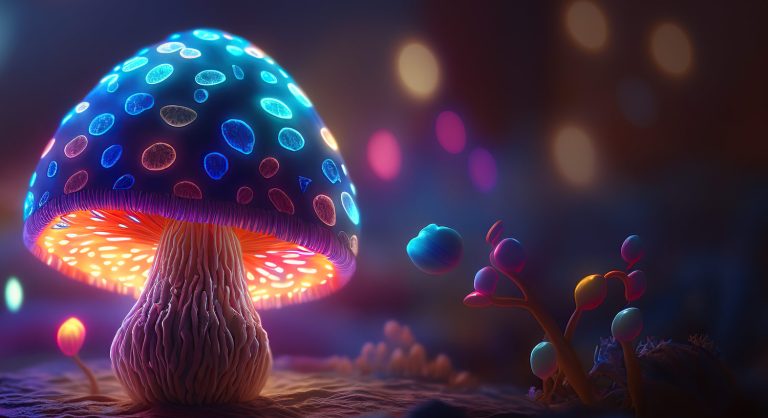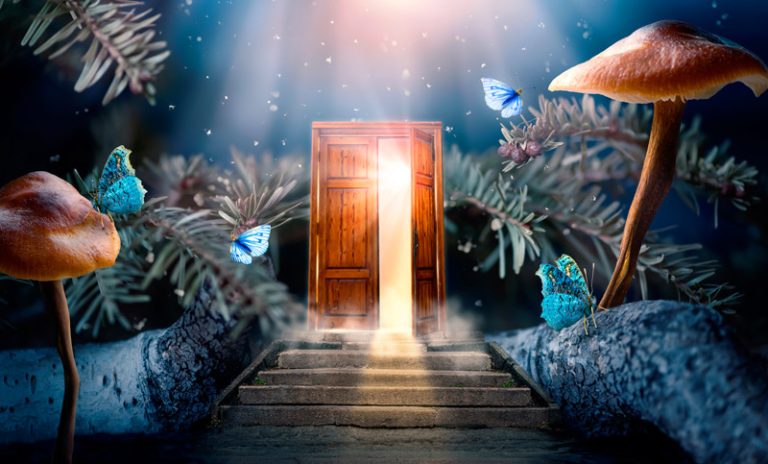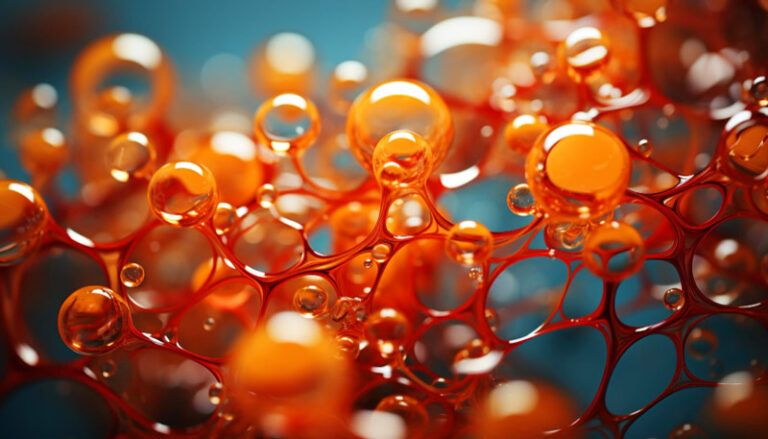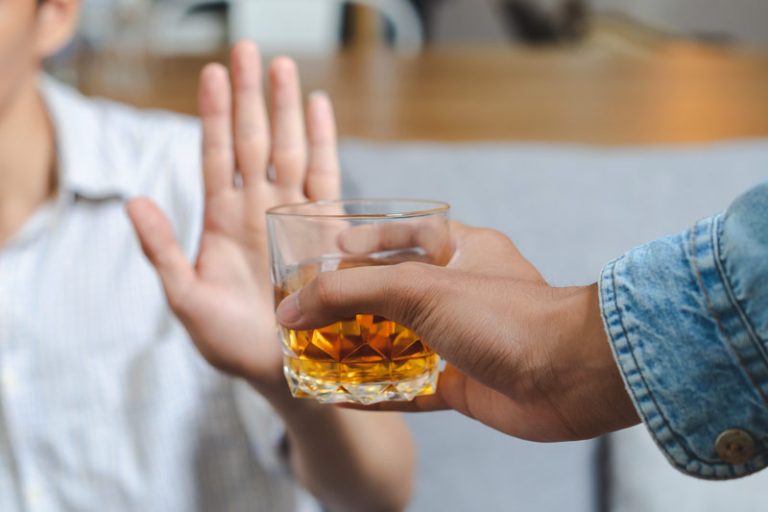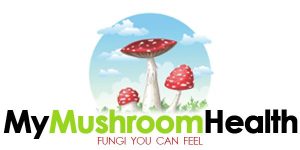Can Magic Mushrooms help with Alcoholism?
Its now being determined that magic mushrooms help with alcoholism, and other conditions. More studies are surfacing about the many benefits of moderate dosing magic mushrooms for conditions like chronic anxiety, PTSD, and depression. A different type of study has recently been completed for psilocybin for Alcoholism with interesting results.
Alcohol is not treated like a drug, but it does have many negative effects on the human protoplasm. Dependency is only one issue, and the likelihood that more severe Long-Term Health Risks may arise is very high. Over time, excessive alcohol use can lead to the development of chronic diseases and other serious problems including: Heart disease, high blood pressure, stroke, liver disease, and digestive problems. Then there are others like cancer of the breast, mouth, throat, esophagus, voice box, liver, colon, and rectum. In terms of the mechanisms driving alcohol’s effects, things are more mysterious than for other drugs. Like cocaine and opioids, alcohol does increase dopamine signaling in the brains key reward circuits, but scientists still aren’t sure exactly how it does this.
Alcoholism and the Brain
Unlike cocaine or opioids, which exert their effects through well-defined molecular interactions with specific brain receptors, alcohol has many different molecular targets in the brain, making it tricky to work out a complete understanding of how it’s doing what it does as well as how each persons metabolism deals with the toxin.
In this double-blind randomized clinical trial, participants of this study were offered 12 weeks of manualized psychotherapy and were randomly assigned to receive psilocybin vs diphenhydramine during 2 day-long medication sessions at the 4th and 8th week. Outcomes were assessed over the 32-week double-blind period following the first dose of study medication. The study was conducted at 2 academic centers in the US. Participants were recruited from the community between March 12, 2014, and March 19, 2020. Adults aged 25 to 65 years with a DSM-IV diagnosis of alcohol dependence and at least 4 heavy drinking days during the 30 days prior to screening were included. There were also exclusionary criteria which included major psychiatric and drug use disorders, hallucinogen use, medical conditions that contraindicated the study medications, use of exclusionary medications, and current treatment for AUD.
Magic Mushroom Study for Alcoholism
A total of 95 participants (mean [SD] age, 46 [12] years; 42 [44.2%] female) were randomized (49 to psilocybin and 46 to diphenhydramine). Diphenhydramine is an antihistamine medicine that relieves the symptoms of allergies. It’s known as a drowsy (sedating) antihistamine and is more likely to make you feel sleepy than other antihistamines and is more commonly known as Benadryl. While the risks of taking Benadryl, long term use can have side effects including dry mouth, dry eyes and heart problems. SEE LINK

One participant (1.1%) was American Indian/Alaska Native, 3 (3.2%) were Asian, 4 (4.2%) were Black, 14 (14.7%) were Hispanic, and 75 (78.9%) were non-Hispanic White. Of the 95 randomized participants, 93 received at least 1 dose of study medication and were included in the primary outcome analysis. The percentage of heavy drinking days during the 32-week double-blind period was 9.7% for the psilocybin group and 23.6% for the diphenhydramine group, a mean difference of 13.9%; (95% CI, 3.0–24.7; F1,86 = 6.43; P = .01). Mean daily alcohol consumption (number of standard drinks per day) was also lower in the psilocybin group. There were no serious adverse events among participants who received psilocybin.
Study Link here: https://jamanetwork.com/journals/jamapsychiatry/article-abstract/2795625
